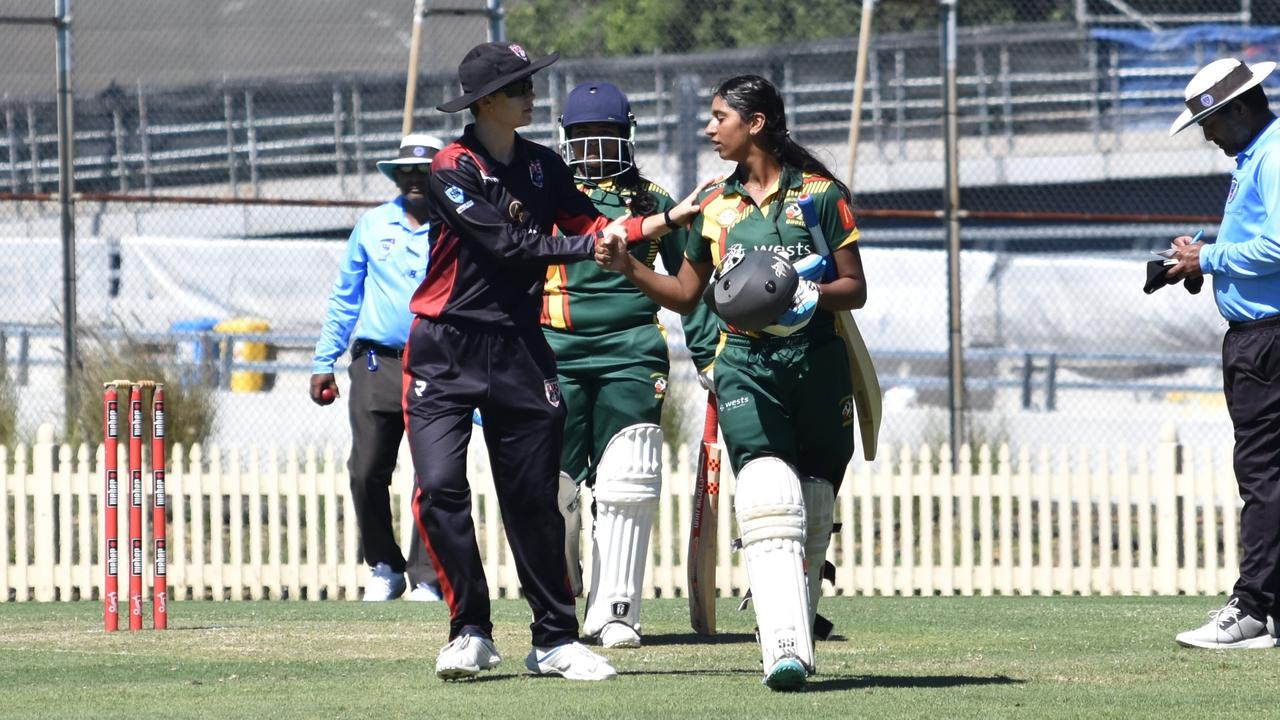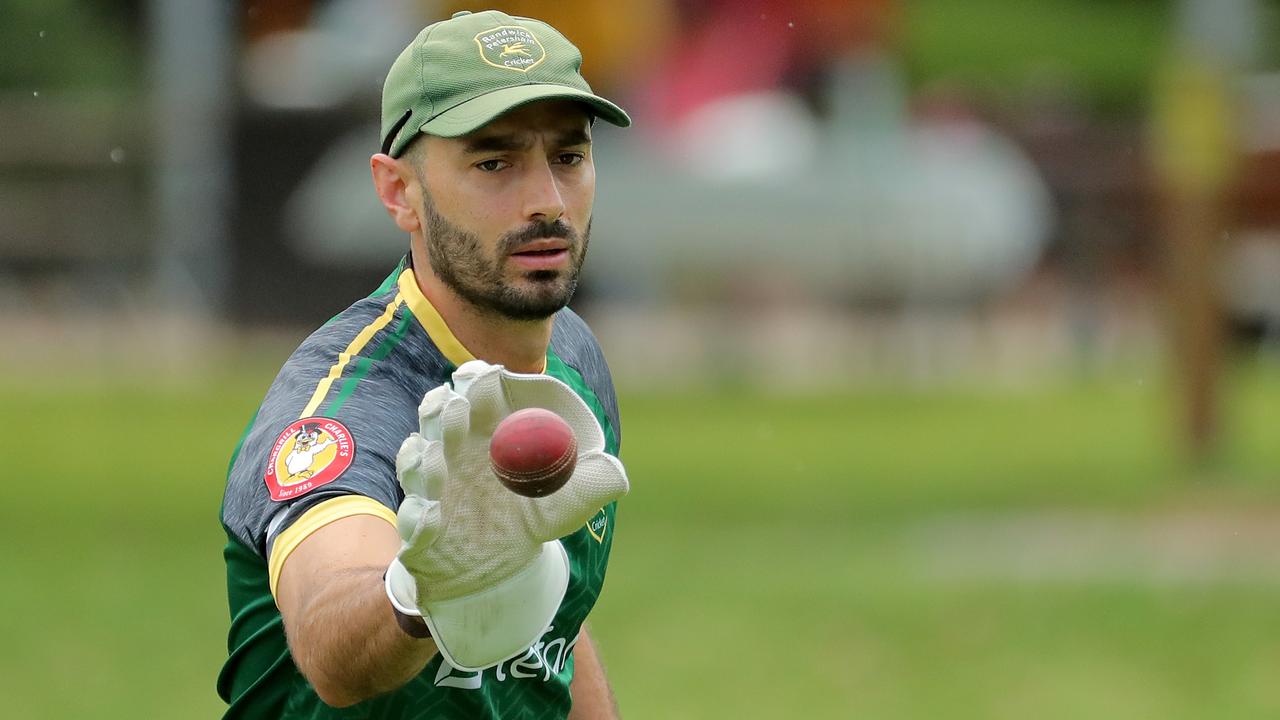A taskforce will tackle Coogee Beach’s pollution as test confirm it’s Poo-gee
RANDWICK Council has formed a special taskforce and will call on the State Government to finally address faecal pollution problems at Coogee Beach.
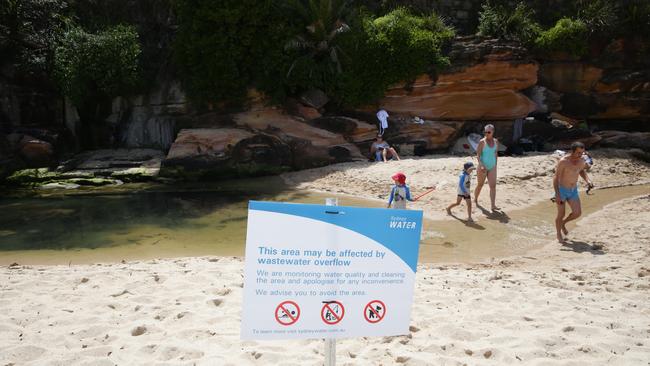
Southern Courier
Don't miss out on the headlines from Southern Courier. Followed categories will be added to My News.
A SPECIAL taskforce will be deployed to tackle Coogee Beach’s faecal pollution woes, after new tests confirm the presence of “sewage indicators” in both dry and wet weather.
The group will be part of a multipronged effort from Randwick Council to minimise the public health risk at one of Sydney’s most popular beaches, following a weeks-long investigation by the Southern Courier.
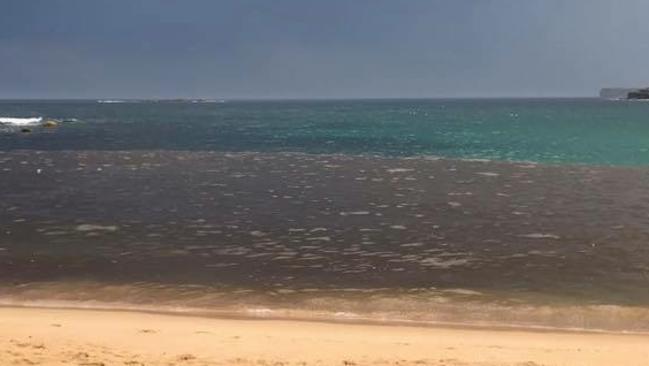
On Tuesday the Council voted unanimously to address the problem “as a matter of urgency”.
Labor Councillor Kathy Neilson, who co-authored a motion to develop the taskforce, said it was time the State Government “injected serious money into the problem”.
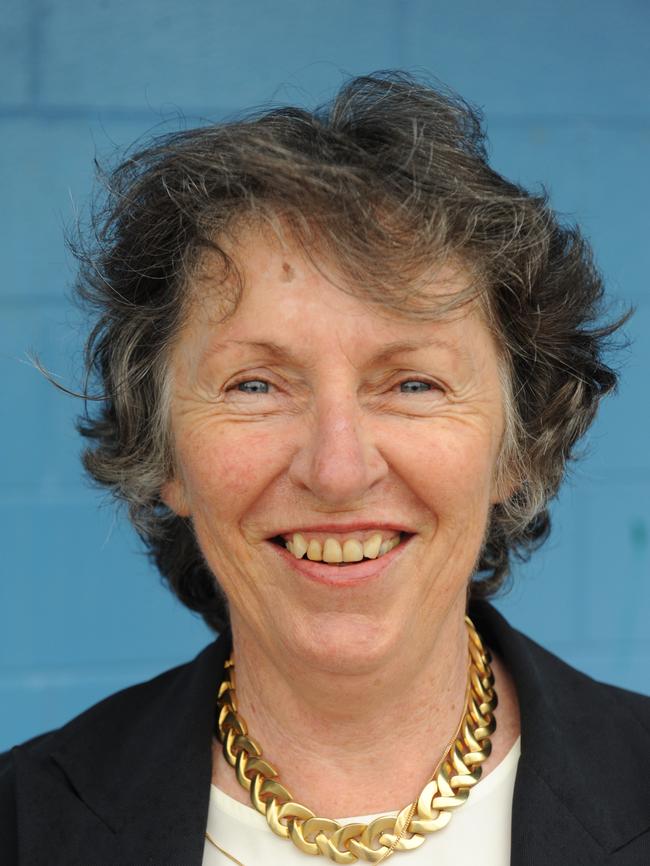
“Council will do whatever it can to co-operate, but we can’t address it ourselves,” she said.
“We really need to get the State Government to come on board and really address it as a matter of seriousness.”
She said the added pressure on local government to have more housing would only escalate the pollution at the beach “without the proper infrastructure”.
It is expected the council will convene with both the Premier Gladys Berejiklian and Sydney Water to discuss the urgent upgrade of storm water run-off at the northern end of the beach.
Meanwhile the taskforce will investigate possible solutions including extending the stormwater pipe’s discharge point further off the beach or re-routing parts of the sewerage system.
The actions taken come after it was revealed chemical compounds derived only from sewage were in surf near a stormwater outlet at the northern end of the beach, including pharmaceuticals, caffeine and artificial sweeteners.
The tests, requested by the Southern Courier and conducted by researchers at the University of NSW, were taken six days after significant rainfall, on February 14, and again on February 15, after about 40mm of rainfall.
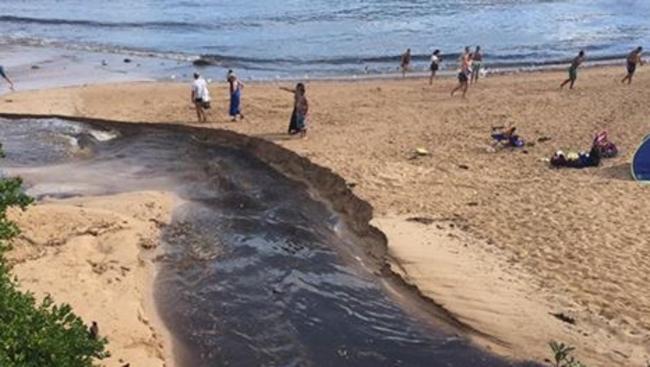
Both samples had elevated levels of the sewage-derived chemicals saccharin, Ibuprofen, triclosan, paracetamol and caffeine.
Analytical chemist James McDonald, who took three samples over a 15-minute period to give relative standard measures of dispersion, was able to verify diluted levels of sewage indicators in wet weather, and more concentrated levels in dry weather.
UNSW associate professor and water quality researcher Stuart Khan said the tests confirm a sewage leak in the stormwater outflow system that opens directly on to sand at Coogee Beach.
“They shouldn’t be there at all if there’s no sewage, they’re markers,” he said.
He said it contradicts the Government’s State of the Beaches report claiming the beach is only polluted up to 24 hours after rain.
“The tests show it in dry weather, at higher concentrations, because you don’t have the dilution of rain water run off,” he said.
Mr Khan said the concentration levels of the chemicals themselves did not present any kind of health risk.
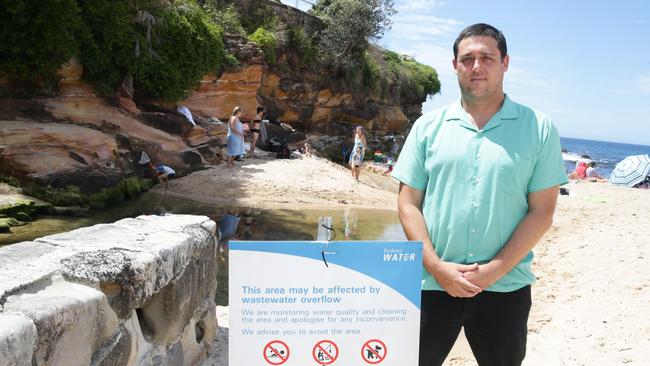
“But it is the fact that they are real indicators of raw sewage that implies a significant public health risk because it means there will be other elements from raw sewage such as bacteria,” he said.
Sydney Water continues to monitor the location and after further tests on February 17 confirmed there was still an unknown leak in the network.
Once found, repairing the leak would not rule out further wastewater contamination, a spokesman confirmed.
MAN FLEES WOLLONGONG HOSPITAL IN HANDCUFFS
Mr Khan said the only realistic solution was to move the stormwater outlet off the sand, “or accept the pollution and put up a sign saying there’s raw sewage on the beach at regular intervals”.
Councillors Pat Garcia, Murray Matson and Kathy Neilson instigated the motion to address the issue, in light of revelations in the Courier.

